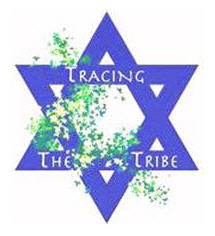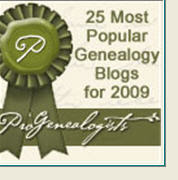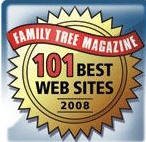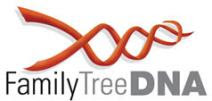Josephine Johnston, from The Hastings Center, a bio-ethics think tank in New York, certainly made us think.
At the DNA conference, she raised many compelling bio-ethics issues confronted by DNA testers and researchers: how to handle an NPE (non-paternity event); who owns DNA samples; what can someone publish; what can they share; and how does a researcher tell a person he is not the biological son of his father?
If someone dies and their DNA sample is still in FTDNA's lab, can someone else ask FTDNA to upgrade the sample to look for more markers?
Genetic information can impact how a person is seen, and may undermine relationships. In cases such as an inheritance, or in determining whether someone is Native American and can make claims to a stake in a tribe, the financial consequences can be steep.
Johnstone discussed both the Sally Hemmings/President Jefferson case and that of the Lemba of Africa.
In the first example, there were both black and white relatives, and there has been major discussion about which Jefferson the black branches descended from.
In the other example, the African Lemba tribe carries the Cohen signature; 130 members were tested. The tribe's priestly clan had the highest numbers of the signature. In this case, participants may hope the test results could enable a "return" to Israel.
08 November 2006
Subscribe to:
Post Comments (Atom)





































No comments:
Post a Comment